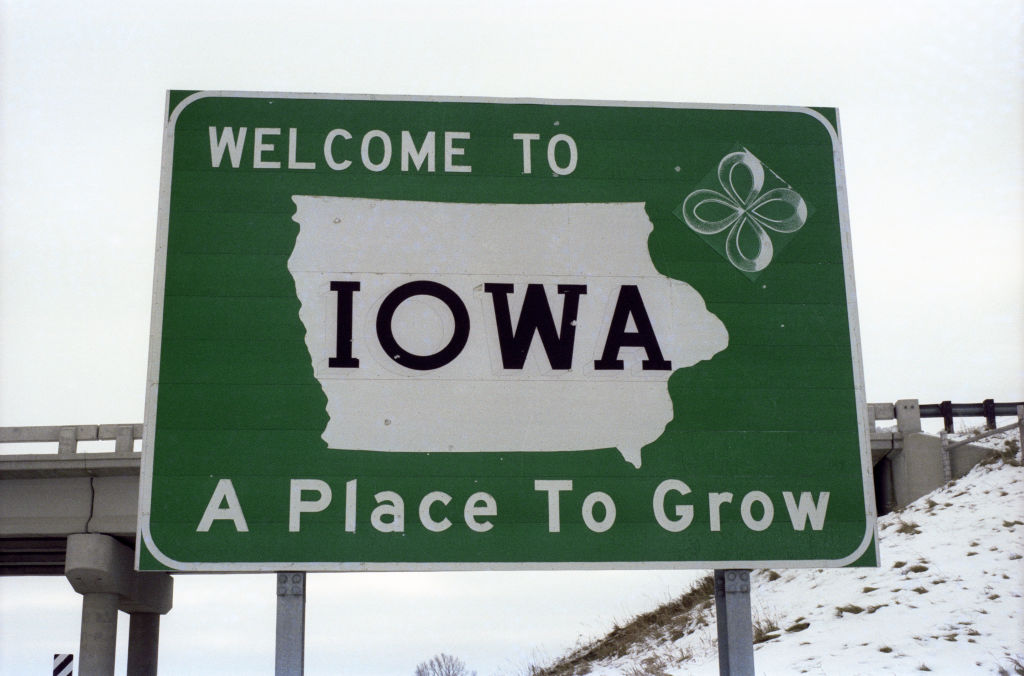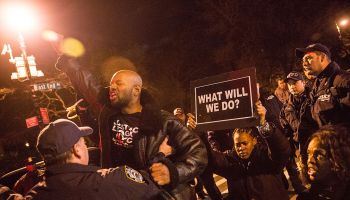Poverty continues to wreak havoc in many of our cities and communities around the country. Despite the improving economy, many Americans are unable to escape its clutches.
During this week’s installment of the CBC’s Message to America, Representative James Clyburn (D-SC) discusses his “10-20-30” proposal, which seeks to reduce persistent poverty around the country.
Rep. Clyburn’s plan has become a focus of the Congressional Black Caucus’ efforts to eliminate poverty in America and was designed to keep struggling communities from being left behind as the nation emerges from the Great Recession.
Many of these communities were struggling long before the economic downturn in 2007 and 2008. Rep. Clyburn said, “Congress needs to act to address their needs.”
“The basic premise of 10-20-30 is that at least ten percent of federal funds should be spent in communities where the poverty rate has been at least twenty percent over the last thirty years.”
The communities the South Carolina Congressman refers to are as diverse as the make up of the United States. “More than two-thirds of the persistent poverty counties are presented by Republicans in the United States House,” said Clyburn. He added, “These communities are rural and urban.”
Congressman Clyburn identified the undeserved communities by name, recognizing Black communities in the Deep South, White communities in Appalachia, Latinos in the Southwest, and Native American communities in the Great Plains as being more adversely impacted by poverty than any other in the United States.
According to Clyburn, in 2009 The American Recovery and Reinvestment Act applied the principles provided by the “10-20-30 formula” to a number of rural development accounts addressing community facilities, rural businesses, and water and waste disposal.
“As a result, long-awaited economic development projects came to fruition,” said Rep. Clyburn. “Communities in Orangeburg and Williamsburg Counties in South Carolina and Bath County, Kentucky received funds to provide clean drinking water to hundreds.”
Clyburn continued to extol the benefits of his program put into effect: “A public safety building was constructed in New Madrid County, Missouri and a Native American Housing Authority in South Dakota was able to build a new environmentally friendly administration building.”
“These are just a few examples of the 4,600 projects made possible by ’10-20-30,’ all of them created good construction jobs in desperately needed services.”
During his address, Congressman Clyburn explained the minimal impact the “10-20-30” program has on government spending, saying it “does not increase the deficit.”
“It simply targets funds that are already appropriated into areas where they are most needed.”
Rep. Clyburn credited Republican Speaker Paul Ryan and House Appropriations Committee Chairman Hal Rogers for their support of the initiative that will begin to chop away poverty at its root. He said with these gentlemen’s support, “We have the gun to make real progress.”
The Agricultural Appropriations Bill being considered by Congress applied the principles detailed in the 10-20-30 plan to ten spending accounts. This move has resulted in a “substantial increase over the Recovery Act.”
In closing, Rep. Clyburn said, “We are continuing to work to find other areas in the federal budget” where the “10-20-30” plan can be applied.
“Poverty in these areas has been persistent for a long time, but it need not and must not be permanent.”
For more information about the Congressional Black Caucus, visit cbc-butterfield.house.gov.
SEE ALSO:
CBC Message To America: Voting Gap Exposes How Income Inequality Impacts Voter Turnout & Elections
























